Nearly all Finns nationwide are interested in the future (89% of respondents). Despite the coronavirus pandemic, attitudes to the future have remained the same compared to two years ago. However, two-thirds of Finns think that the pandemic has affected on their own view of the future, with the greatest impact on the views of women and people on low income.
Sitra’s Futures Barometer survey, carried out in January, was answered by 3,800 Finns aged between 15 and 84. Due to the large number of respondents this time, the survey offered region-specific as well as nationwide results. The Futures Barometer was carried out once before, in 2019.
Opportunities for influencing divides respondents
According to Finns, the future can be influenced (more than 80%) and the means of influencing it are known (nearly 70%). Youth, highly educated and people on high incomes particularly feel that they have opportunities to influence matters. People who feel that they struggle to make ends meet feel that their opportunities to exert an influence are weaker.
“It is great that people are broadly interested in the future and strongly believe that they have influencing opportunities. But it is disturbing that engagement is not divided equally: those on the lowest incomes and those hesitant about voting feel that their opportunities to influence matters are weaker. In order to achieve a sustainable future, everyone must see themselves in it. If people feel that the future is not interesting and opportunities to influence are weak, they are most likely not very eager to implement any changes,” says Christopher Rowley, Specialist, Foresight.
Half of all Finns surveyed say that the future at times feels exciting, at others frightening. A quarter of respondents look forward to the future with enthusiasm, while one in ten perceive many threats. People who anticipate the future positively more than anywhere else in the country are in Päijät-Häme, Ostrobothnia and Kanta Häme, while those who look forward to it the least are in North Savo, Kainuu and Southwest Finland. Those most worried about future potential threats are in Southern Ostrobothnia.
Municipal elections are future elections
The councils elected in this June’s municipal elections will be engaged with tackling the coronavirus situation and with building the future of the municipalities in the post-corona setting. What does the future of municipalities look like to Finns and what affects how they vote?
Finns are divided on whether the future of Finland or their own municipality is better. A slightly larger proportion of them think that the future will be better than the present. The future of people’s own local municipality is reckoned to bethe worst in South Savo, South Karelia, Kainuu, Satakunta and North Savo. The highest expectations for the future are from respondents in Pirkanmaa and Central Ostrobothnia. Views on the future of the respondents’ own municipality are particularly influenced by anticipated changes in numbers of residents.
Economic issues are especially emphasised in how people vote: the most significant factors affecting this are the preservation of the welfare state, an increase in the number of workplaces, balancing public finances and keeping borrowing under control. When asked which issues people would like to see become a reality in the future, environmental issues are also at the top of the list.
“This proves that ideals and practice do not fully meet. Environmental issues have established themselves as Finnish values – they are considered important – but, in municipal elections, the short-term perspective and everyday issues of people seem to override the long-term perspective. However, the future does not happen without the residents of the municipality, and solutions for problems such as the environmental crisis are required from everyone,” says Rowley.
The Futures Barometer also asked about the adjectives that respondents would use to describe the preferred future of Finland and their own municipality. Respondents hope for an “equal” and “safe” future first and foremost for Finland and their own local municipality. Respondents hope that Finland will be prosperous, independent and democratic, and their own municipality is vital, developing and comfortable.
“An equal and safe future will not just simply happen. If we want to develop the welfare state, increase employment and improve the state of nature, we have to work on this together. I hope that the Futures Barometer results will encourage an increasing number of people to discuss alternative, preferred futures as well as implement them together,” says Katri Vataja, Director, Foresight, Insight and Strategy at Sitra.
Sitra’s Futures Barometer is based on the survey conducted among individuals in January 2021. This surveyed Finns’ views on the future and whether they felt that they can influence the direction of future development. The survey commissioned by Sitra was conducted by Kantar TNS Oy. The survey was responded to by approximately 3,800 Finns aged 15–84 from all around Finland (excluding the Åland Islands).
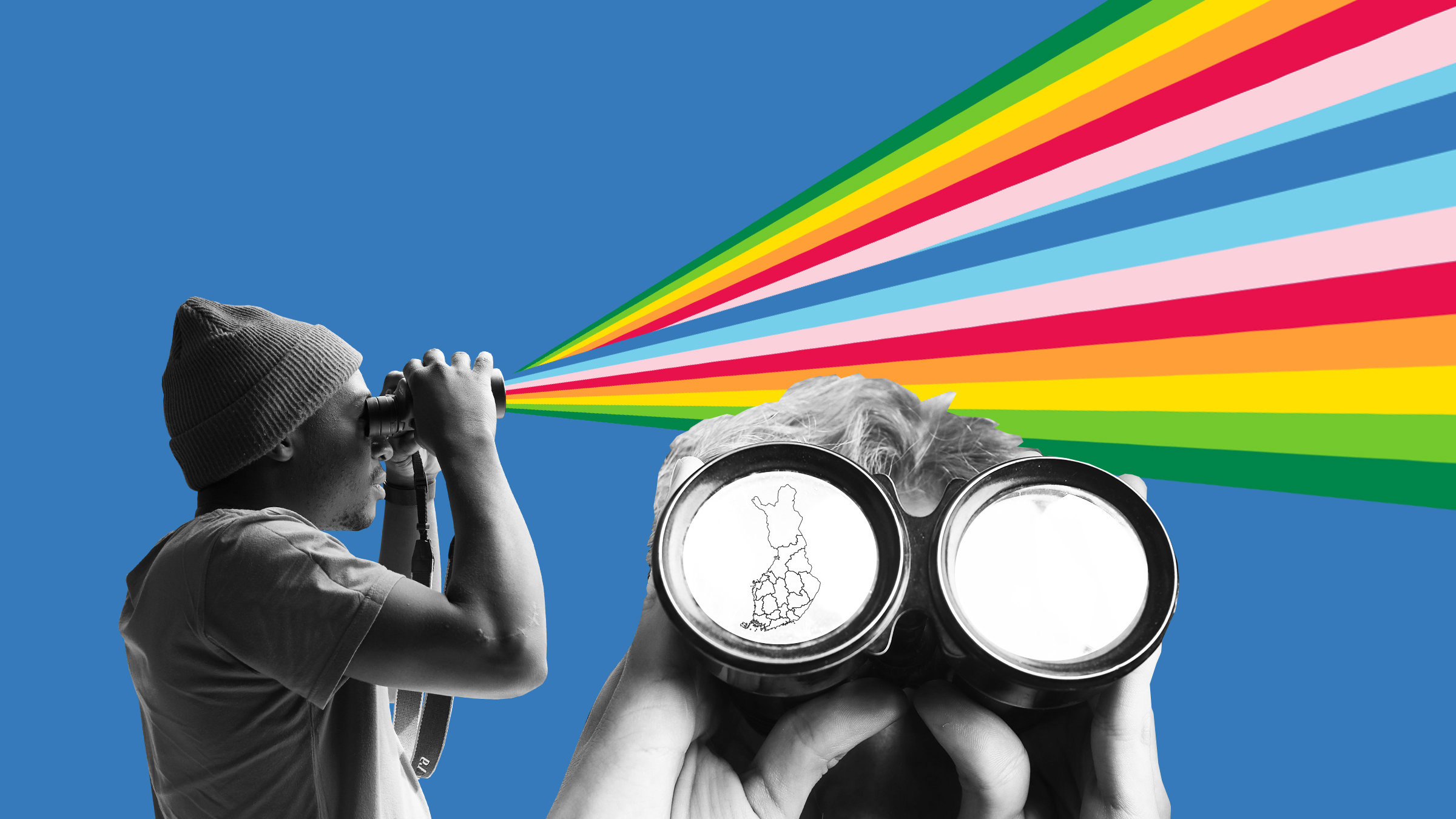
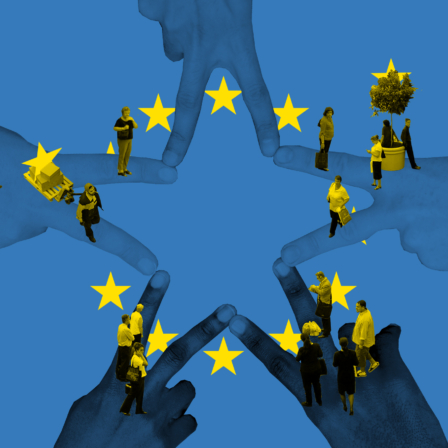




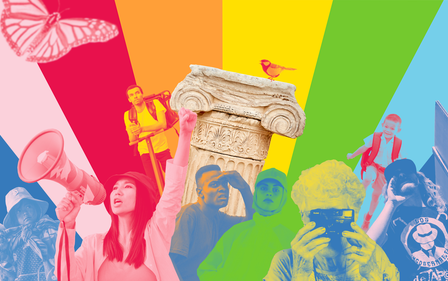


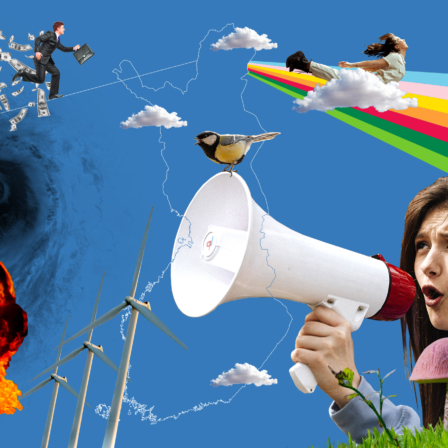
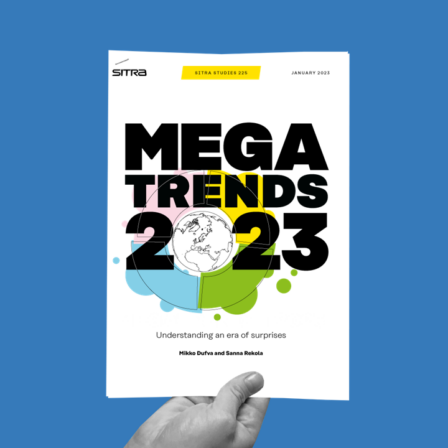


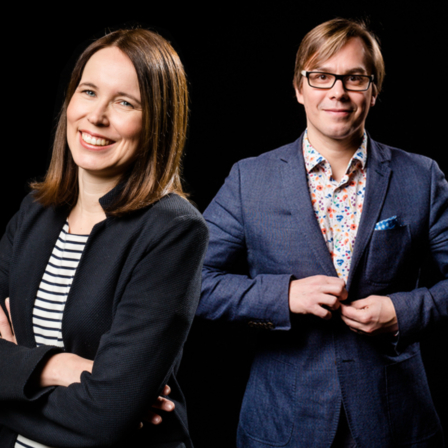


Recommended
Have some more.